
EnerVenue, a startup that has developed an alternative to lithium-ion batteries for long-duration renewable energy storage, is raising $515 million in fresh equity, per an SEC filing seen by TechCrunch.
The company is in the process of building a gigawatt-scale factory in Kentucky to produce its nickel-hydrogen batteries, an endeavor that’s estimated to cost $264 million.
So far, EnerVenue has raised $308 million of the $515 million target, the filing says.
Nickel-hydrogen batteries aren’t as energy dense as lithium-ion, meaning they won’t be competing for space in electric vehicles quite yet.
The next challenge will be completing the factory, scaling production and sending its novel batteries out into the world.
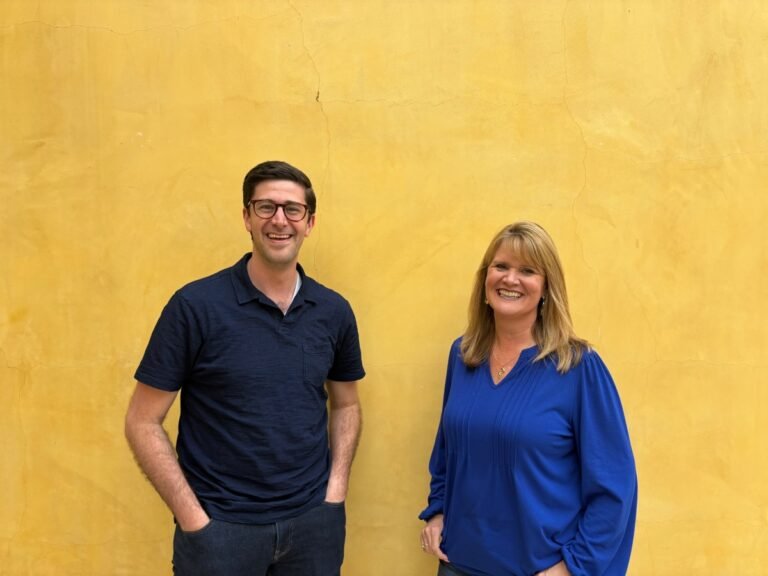
When Alex Katz founded Two Chairs in 2017, he firmly believed that in-person therapy is the most effective for behavioral health.
On Tuesday, the company announced a $72 million Series C equity and debt financing led by Amplo and Fifth Down Capital, bringing Two Chairs total funding to $103 million.
Amplo also led the company’s $22.5 million Series B in August 2019.
Two Chairs is one of the latest therapy startups to raise substantial funding rounds.
Last week, Grow Therapy, a three-sided mental health platform for therapists, payers and patients, raised an $88 million Series C round led by Sequoia.

WhatsApp is testing Meta AI, its large language model-powered chatbot, with users in India and some other markets, signalling its intentions to tap the massive user base to scale its AI offerings.
The company recently began testing the AI chatbot, until now available in the U.S., with some users in India, many of them said.
India, home to more than 500 million WhatsApp users, is the instant messaging service’s largest market.
Meta unveiled Meta AI, its general-purpose assistant, in late September.
The AI chatbot is designed to answer user queries directly within chats as well as offer them the ability to generate photorealistic images from text prompts.

NoSQL database Aerospike today announced that it has raised a $100 million Series E round led by Sumeru Equity Partners.
In 2022, Aerospike added document support and then followed that up with graph and vector capabilities — two database features that are crucial for building real-time AI and ML applications.
“We were founded primarily as a real-time data platform that can work with data at really high scale, or, as we call it, unlimited scale,” Aerospike CEO Subbu Iyer said.
So our premise has held good that real-time data and real-time access to data is going to be important pretty much across every industry.
“Aerospike, with its impressive customer base and performance advantage at scale, is uniquely positioned to become a foundational element for the next generation of real-time AI applications.”
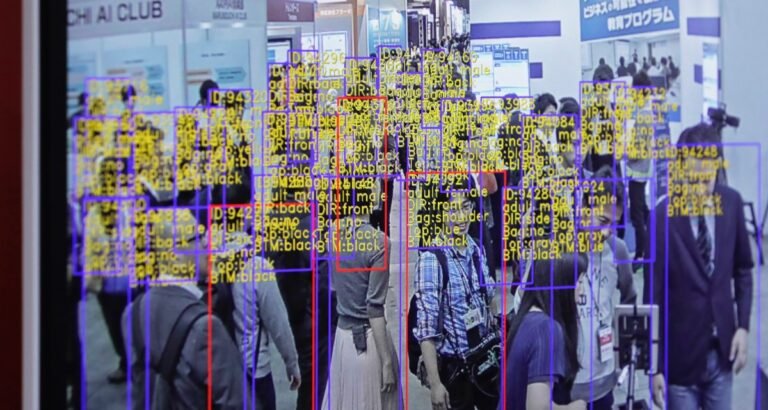
This week in AI, I’d like to turn the spotlight on labeling and annotation startups — startups like Scale AI, which is reportedly in talks to raise new funds at a $13 billion valuation.
Labeling and annotation platforms might not get the attention flashy new generative AI models like OpenAI’s Sora do.
Without them, modern AI models arguably wouldn’t exist.
Labels, or tags, help the models understand and interpret data during the training process.
Some of the tasks on Scale AI take labelers multiple eight-hour workdays — no breaks — and pay as little as $10.
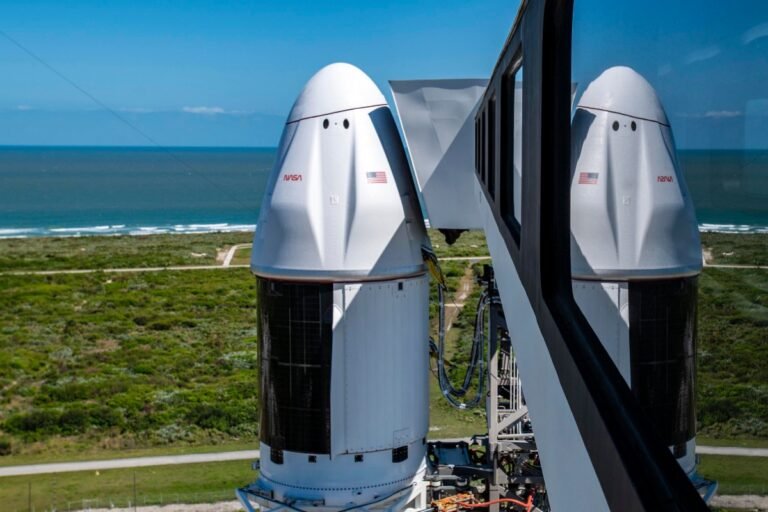
SpaceX has performed 13 crewed missions, and all of them launched from Launch Complex 39A at NASA’s Kennedy Space Center.
But the company has long intended to upgrade a second pad — SLC-40 at the neighboring Cape Canaveral Space Force Station — to expand its crew launch capacity.
Teams test the new emergency chutes from the pad 40 crew tower in Florida pic.twitter.com/rWVj7zaHp0 — SpaceX (@SpaceX) March 19, 2024As a next step, SpaceX is going to launch the CRS-30 cargo resupply mission.
In a media teleconference in February, SpaceX’s VP of build and flight reliability, Bill Gerstenmaier, said the cargo flight is an incremental step to astronaut launches.
“We would like to do a cargo flight first if we can.
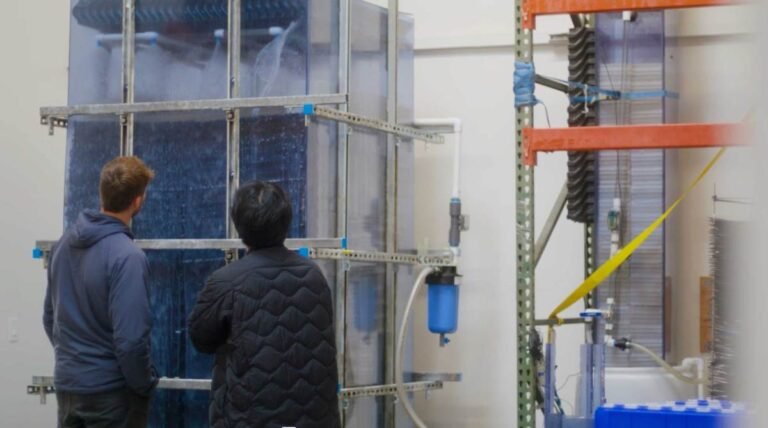
That’s one way to think about direct air capture, a technology which uses machines to pull carbon dioxide straight from the atmosphere.
The ability to use heat from geothermal energy, Cyffka said, is helpful.
Geothermal is a really promising pathway for where DAC needs to go.”Along those lines, the company is working with Fervo, pairing its carbon capture system with the geothermal startup’s advanced geothermal project in Utah.
In 2026, AirMyne is planning to deploy its carbon capture technology to a sequestration site in San Joaquin County, California, where it will be injected underground.
Still, the demand for carbon capture is likely to be so large that the market will have space for several different companies.
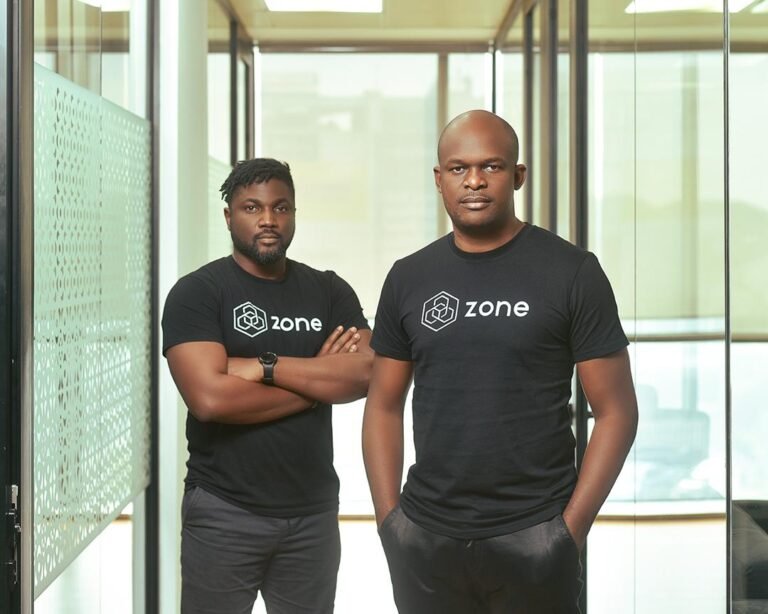
Appzone is one of the standout local fintech software providers for banks and fintechs, providing better pricing and flexibility.
As such, it rebranded to Zone, a licensed blockchain-enabled payment infrastructure company–and carved out its original banking-as-a-service business into a separate standalone company, Qore.
Today, Zone, its blockchain network that enables payments and acceptance of digital currencies, is announcing that it has raised $8.5 million in a seed round.
Therefore, the fintech is developing an interoperable payment infrastructure using blockchain technology — known for its ability to scale infinitely — to connect banks and fintech companies, facilitating transaction flow without intermediaries.
“We are excited by the potential for Zone’s technology to be replicated across borders to advance payment innovation globally.

Apple released VisionOS 1.1 on Thursday with the most notable feature being improved personas of users.
Additionally, users can also now set up their personas without holding the device through Settings>Persona and selecting “Hands-free Capture” mode after initial steps for setup.
The new version of VisionOS also introduces Mobile Device Management (MDM), for enterprises to manage their devices.
This enables admins to set up devices for custom configuration, install apps at scale, and perform a remote erase of the device.
“We know that in order to unlock all of [the power of the Apple Vision Pro], businesses are going to want to manage these devices at scale.
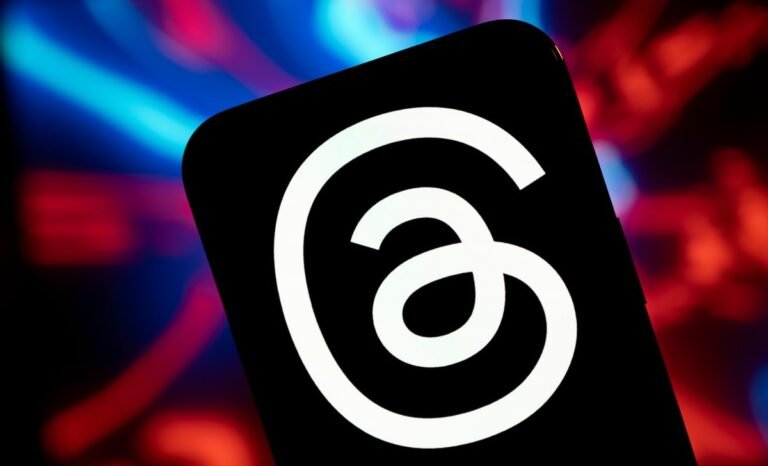
Threads says it will make its API broadly available by JuneMeta-owned social network Threads said today that it will make its API broadly available to developers by June.
Engineer Jesse Chen posted that the company has been building the API for the past few months.
The API currently allows users to authenticate, publish threads and fetch the content they post through these tools.
Last October, Instagram head Adam Mosseri first confirmed that the social platform is working on an API to enable third-party experiences.
While Meta has committed to adopting ActivityPub protocol for Threads and joining the fediverse, the company hasn’t spoken openly about allowing developers to build alternative Threads clients.













